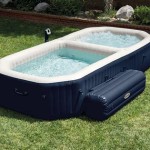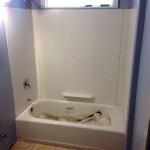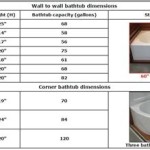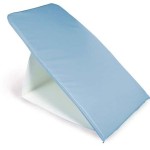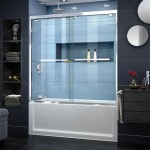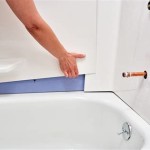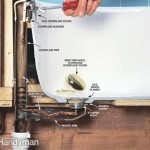# Best Material for a Bathtub: A Comprehensive Guide Choosing the right material for your bathtub is a crucial decision that can significantly impact the aesthetics, functionality, and overall bathing experience in your bathroom. Here's a comprehensive guide to help you select the best material for your bathtub: ## 1. Acrylic - Pros: - Lightweight and easy to install - Smooth, non-porous surface for easy cleaning - Wide range of colors and styles available - Warm to the touch - Resistant to scratches and stains - Affordable option - Cons: - Can be prone to cracking or chipping if not handled properly - May not be as durable as other materials ## 2. Fiberglass - Pros: - Lightweight and easy to install - Smooth, non-porous surface for easy cleaning - Wide range of colors and styles available - Durable and resistant to cracking - Affordable option - Cons: - Can feel cold to the touch initially - May not be as strong as other materials ## 3. Cast Iron - Pros: - Extremely durable and long-lasting - Retains heat well, providing a warm and relaxing bath - Resistant to scratches and stains - Classic and elegant look - Cons: - Heavy and challenging to install - Can be more expensive than other materials - May require special cleaning and maintenance ## 4. Porcelain-Enameled Steel - Pros: - Durable and resistant to scratches and stains - Easy to clean and maintain - Wide range of colors and styles available - Affordable option - Cons: - Can be cold to the touch initially - May not be as strong as other materials - Can be prone to chipping if not handled properly ## 5. Stone Resin - Pros: - Durable and resistant to scratches and stains - Warm to the touch - Non-porous surface for easy cleaning - Wide range of colors and styles available - Can be molded into unique shapes and sizes - Cons: - Can be more expensive than other materials - May require special cleaning and maintenance ## 6. Wood - Pros: - Unique and natural look - Warm and inviting to the touch - Can be customized to match any bathroom décor - Cons: - Requires regular maintenance and sealing to prevent water damage - May be more susceptible to mold and mildew growth - Can be more expensive than other materials ## 7. Copper - Pros: - Unique and luxurious look - Antimicrobial properties - Durable and resistant to scratches and stains - Can be molded into unique shapes and sizes - Cons: - Very expensive - Requires regular cleaning and polishing to maintain its appearance - Can be prone to dents and scratches Ultimately, the best material for your bathtub depends on your specific needs and preferences. Consider factors such as durability, ease of cleaning, aesthetics, and budget when making your decision. With careful consideration, you can choose the perfect material for a bathtub that will provide you with years of enjoyment and relaxation.
How To Choose The Best Bathtub Material A Comparison Guide Vevano

4 Common Bathtub Materials Pros Cons What To Buy For Your Bathroom

How To Choose The Best Bathtub Material A Comparison Guide Vevano

ᐈ Bathtub Material Comparison Stone Resin Pros And Cons Vs Acrylic Tub

What Is The Best Material For A Freestanding Bathtub Luxury Tubs

Common Bathtub Materials And Their Pros Cons

How To Pick The Best Bathtub Material For Your Home 7 Tips

ᐈ Bathtub Material Comparison Stone Resin Pros And Cons Vs Acrylic Tub

Best Materials For Bathtub Surrounds Jacuzzi Bath Remodel

What Is The Best Material For A Bathtub

